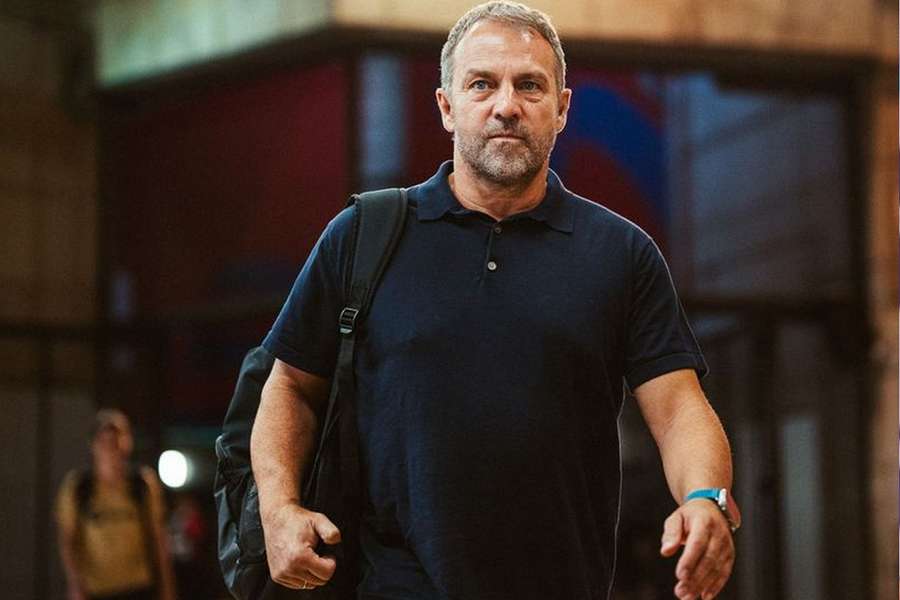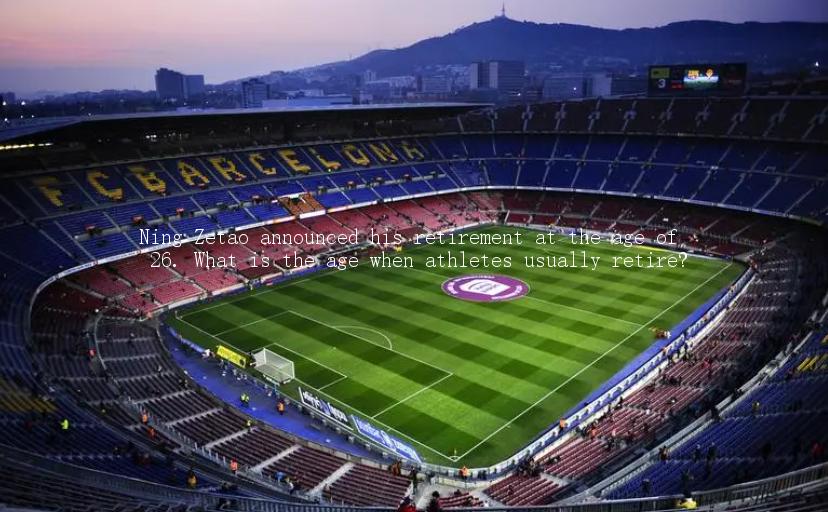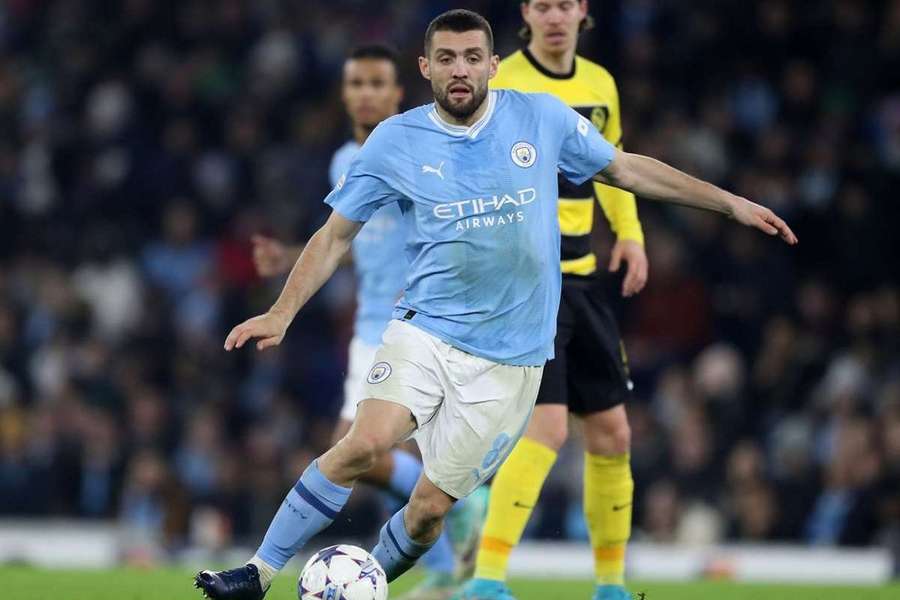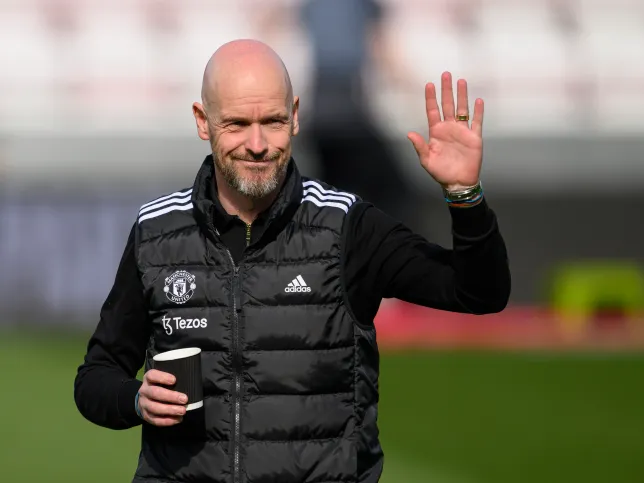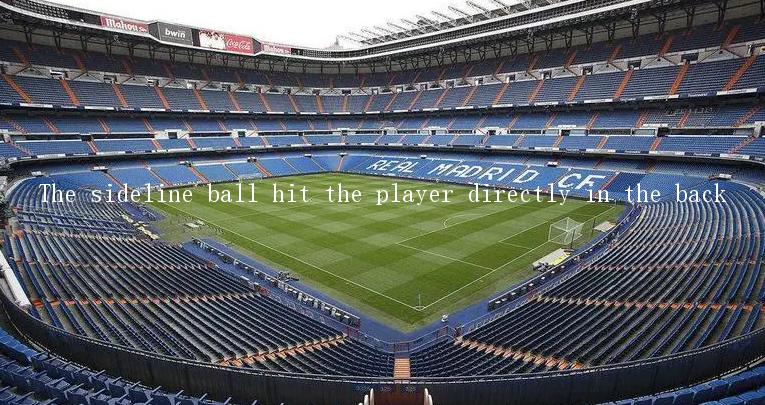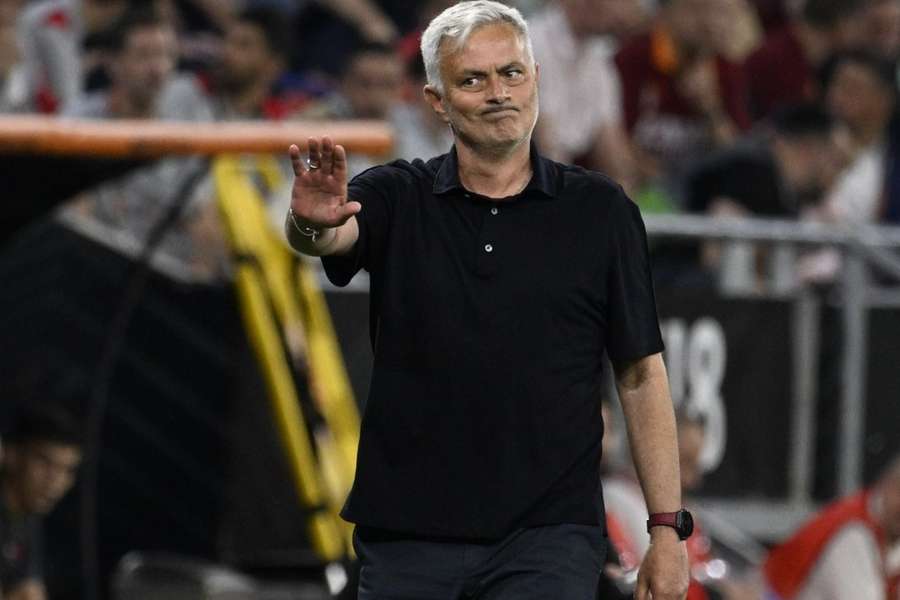Where Did It All Go Wrong for Erik ten Hag at Man Utd?

Erik ten Hag's bold attempts to establish himself as one of the most successful managers in English football during his tenure at Manchester United ultimately fell flat. Despite his efforts, the team's poor performances continued unabated, prompting his inevitable dismissal.
United's match-going supporters showed admirable patience, determined to believe when he preached of process and progress but many could no longer ignore the evidence of their own eyes. A disjointed team, one seemingly ever sinking to new depths.
Ten Hag was into his third season when the axe fell, but this team was getting worse - even after their worst Premier League finish and being indulged in the transfer market. Four of his first-choice back five were not only signed by him but had played for him before.
And yet, they were desperate in defence, dropping deep to protect their lack of pace, while the midfield were unable to cover wide-open spaces and the attack boasted a press so haphazard that it made a mockery of the term. His pleas for time eventually fell flat.
Ten Hag had his admirers among the United support. Many were impressed by his defiance. The FA Cup final win over Manchester City was an emotional high for everyone involved, with two teenage goalscorers and one tactically-astute team performance.
TrendingThat swallow made the summer but lost its lustre come the autumn. Any sober assessment of Ten Hag's tenure could not escape the fact that one day at Wembley does not wipe clean humiliation in Europe and being so far off the pace in the Premier League.
Ten Hag will leave with head held high, still believing that he has set United on a better path. His robust defence of his reign, citing injuries and youth development, will ensure some supporters are sympathetic, while others will be uneasy at what comes next.
Belief in Ten Hag had been eroded
Some had started to raise concerns even in his first season. The FA Cup final might have been his best moment but it is perhaps more pertinent to look back to the previous season's Carabao Cup win, the last time momentum was truly with him. He could not build on it.
Ten Hag's team were only four points off top spot going into that Wembley weekend in February of last year, three behind eventual winners Manchester City, having beaten them in the previous month. A first trophy in six years had brought talk of new beginnings.
"We can get a lot of inspiration from this and more confidence that we can do it," said Ten Hag in the aftermath of that win over Newcastle. "We are still at the start of restoring Manchester United to where we belong - winning trophies. We are together."
The very next week came that 7-0 humiliation at Liverpool.
Monterosa
This content is provided byMonterosa
, which may be using cookies and other technologies. To show you this content, we need your permission to use cookies. You can use the buttons below to amend your preferences to enableMonterosa
cookies or to allow those cookies just once. You can change your settings at any time via the Privacy Options. Unfortunately we have been unable to verify if you have consented toMonterosa
cookies. To view this content you can use the button below to allowMonterosa
cookies for this session only. Enable CookiesAllow Cookies OnceThere is an awkward irony to the fact that belief in Ten Hag first began to fray just as he had seemed to establish himself. The power struggle with Cristiano Ronaldo had been overcome with United even winning nine in a row after the player's last United appearance.
All the talk with Ten Hag had been of how the first few months in his previous jobs had been a little fraught but once players understood his ideas, it had clicked. At United, it went the other way. The second season brought bigger strife. The third brought calamity.
Dealing with the Ronaldo problem
Those first few weeks had been about putting the building blocks in place - the 83 principles of play, as his dossier described them. A fortnight of video sessions outlining his vision soon set him on a collision course with Ronaldo, to whom all this was anathema.
Staff at the Carrington training ground painstakingly went through the detail with him, attempting to simplify his tasks in Ten Hag's pressing structure. They spoke of the need to make a second run to close down the goalkeeper and a third when he passed it out.
They discussed the importance of being ball-side and fed his ego by explaining that his positioning would set the patterns for those behind. But Ronaldo was never likely to make such an adjustment so late in his career. He had succeeded by trusting his instincts.
Acts of defiance, private and public, micro and macro, tested Ten Hag's authority. Attempts to have him remove his diamond earrings for training fell on expensive but deaf ears. The message was that he was no robot and would continue to do things his own way.
In some respects, this challenge was a welcome one for Ten Hag, not as delicate as the Mason Greenwood situation or as nuanced as the troubles that he would later face with Jadon Sancho. It was an opportunity to exercise his authority, bolster his position.
The difficulties came afterwards. A third-placed finish and a cup win represented a respectable first season, buying time even if there was the disappointment of an FA Cup final defeat to Manchester City allowing their rivals to achieve a treble of their own.
Transfer window struggles
That second summer transfer window was key. Mason Mount was expected to bring much needed energy to the midfield, facilitating a pressing game, while Andre Onana offered hope that United could play out from the back better than with David de Gea.
But Mount missed much of the campaign through injury and Onana initially endured mixed form. Elsewhere, the re-signing of Jonny Evans coupled with the arrivals of Sergio Reguilon and Sofyan Amrabat on deadline day made the recruitment appear desperate.
Was this the next phase of an overarching strategy or were cracks being papered over? The decision to entrust Rasmus Hojlund, a 20-year-old striker from Atalanta to lead the line, bought for a fee in excess of £60m, suggested a longer-term approach.
He would be the only out-and-out striker in the senior squad in his first season. It was a huge responsibility for a player who had scored nine goals in Serie A, his name, background and style drawing unfair comparisons with the prolific City forward Erling Haaland.
Hojlund has potential, his endeavour endearing him to supporters who recognised that. But the inability to score a Premier League goal before Christmas, by which point United were eighth, undoubtedly heaped pressure on Ten Hag with others unable to step up.
Relationship problems with players
The decline in Marcus Rashford's form was a concern, putting strain on his relationship with the manager. He did not score a goal at Old Trafford in any competition until mid-January. Rashford's preference for a wide role was stylistic, but perhaps psychological too.
A relatively sensitive character, Rashford once took umbrage at Steve McClaren's words of encouragement during a five-a-side game in training. The assistant had told him he was the man to score the winner but was urged by the player not to put such pressure on him.
McClaren, who had worked with strikers such as Dwight Yorke and Andy Cole in his first spell at the club, as well as Alen Boksic and Mark Viduka elsewhere, is known to have been shocked by the reaction, having intended that his jocular remarks would inspire.
It was indicative of a struggle to connect. The Sancho situation was even more complicated with some supportive of management and others suspecting that accusations of tardiness and training commitment could equally be interpreted as a failure of leadership.
Some characters at United did revel in the responsibility for a while. Bruno Fernandes was criticised externally for his body language but was almost always available for selection and always wanted the ball. Obsessive about the game, he would discuss tactics for hours.
But Fernandes, with Raphael Varane and Casemiro struggling for fitness, Lisandro Martinez missing and Harry Maguire's role diminished, was unable to take many with him, his own form dipping in the end. Diogo Dalot was an outlier in enhancing his standing.
Putting faith in young players
Ten Hag had bet on young players - but his own future was dependent on them delivering quickly. Kobbie Mainoo did that after recovering from an injury of his own, emerging as an astute midfielder with a calmness to his play that belied his inexperience.
Mainoo's rise must be regarded as one of the triumphs of Ten Hag's time, a player who was able to take on instructions with remarkable speed. Others were more typical of teenagers.
Alejandro Garnacho produced special moments but was unable to deliver the consistent form required of a regular starter. He was still learning the game, as Ten Hag was often keen to remind him.
Antony, his £85m fee still the subject of consternation at Old Trafford and beyond, needed regular instruction on everything from his basic positioning to his responsibilities at set-plays. It was symptomatic of a group of players who did not appear ready to win.
The physicality of the Premier League also proved challenging, his inability to beat his direct opponent meaning it was a struggle to justify his place in the team let alone his price tag. It reflected badly on Ten Hag given that he had worked with him up close at Ajax.
Style of play was never clear
Young players are supposed to be more malleable but questions remained regarding precisely what Ten Hag was moulding. Debate surrounding the style of play was a recurring theme throughout his tenure, the answers never fully satisfying.
He was adamant that the intention had never been to repeat the Ajax model even if that was what had earned him this opportunity. Sebastien Haller had been a target man who could bring others into play but the signing of Hojlund suggested a different plan.
Ten Hag, when challenged, would talk of United's DNA's demanding a different approach. Putting this question to him, he told : "It has to do with the nature of the players, definitely. With the speed of our attacking players we can play very direct."
That tactic brought some success - such as the 3-2 win over Aston Villa on Boxing Day - but it was never sustained. A high-tempo midweek win over Chelsea at Old Trafford was followed up with a 3-0 home defeat to Bournemouth in front of those same supporters.
United went to Villa and won in February but lost the next home game to Fulham. There was that breathless 4-3 extra-time victory over Liverpool in the FA Cup quarter-finals that again sparked talk of turning points. United were promptly played off the park by Brentford in their very next game.
Brentford had 31 shots that day, a Premier League record for the club. But that had become almost the norm against United. It was the sixth time in seven games that they had faced 20 shots or more. Incredibly, only Sheffield United allowed more shots all season.
The man United had appointed was someone who had once talked of Jose Mourinho preferring to play chess with the black pieces rather than white - a reference to his reactive approach. But the game that Ten Hag described and the one others saw was diverging.
New owners did not see enough
Upon the partial takeover by Sir Jim Ratcliffe and INEOS, he seemed increasingly at pains to paint a different narrative of the job being done in an attempt to convince his new bosses. Some of it was standard stuff, overly-positive spins on performances and results.
Other moments raised eyebrows. Ten Hag pointed out that back-to-back FA Cup finals was an accomplishment not achieved by United in almost two decades. It was a strange thing to emphasise given that his side had lost the first final and were yet to play the second.
When Ten Hag tried to compare this rebuild to a slump once endured by Sir Alex Ferguson - United finished third, third and second over a three-year period in the 2000s - it stretched credulity given that United were seventh and would go on to finish eighth.
There was his reaction to the penalty shoot-out win over Coventry, a game in which United had surrendered a three-goal lead to the Championship side. "I absolutely can't understand the reaction. Was it embarrassing? No, the reaction from you was embarrassing."
When challenged again in excruciating detail in the press conference that followed the 3-0 home defeat to Liverpool in September, a performance as poor as it was predictable, an increasingly isolated Ten Hag could only offer the weak retort: "I feel sorry for you."
Was he out to convince Ratcliffe? Supporters? Himself? Trying to sell this as a project that had to be allowed to continue was untenable when the progress was highly debatable and the senior figures behind the scenes had been brought in to navigate a new path.
In a sense, he became a control experiment for the new hierarchy. If everything else had been revamped, including a new coaching structure around him, and United's problems on the pitch continued, there was only one person going to pay the price for that failure.
The summer recruitment had been widely praised and, with two former Ten Hag players among the new arrivals, his fingerprints were still on it enough to argue that he had been given what he wanted. And yet, those gaps in midfield remained, issues unaddressed.
Beaten by Brighton, battered by Liverpool, the FA Cup final felt a distant memory just three games into the new season. It became impossible to point to progress while his team was being tactically undone. Who could do better became who could do worse.
Most settled on their answer when Tottenham came to Old Trafford in late September and left 3-0 winners, a scoreline that flattered the hosts. Fernandes was sent off in that game and again at Porto as United gave up a two-goal lead. There was, in every sense, no defence.
But Ten Hag will always have Wembley. That was his moment. Having inherited a rudderless operation under Ralf Rangnick, he leaves United with a trophy in each of his two seasons and having blooded a number of young talents for whom high hopes remain.
What next for Ten Hag? His reputation is intact enough for him to be able to accentuate the positives while bemoaning his frustrations at working within United's malfunctioning machine. Even so, it was undoubtedly an opportunity that was not fully grasped.
There is sympathy for the off-field distractions but disappointment at the lack of on-field answers. United may have a better plan than when he arrived. But it is revealing that, despite a lack of options, those in charge finally decided he was not the man to lead it.
RELATED STORIES
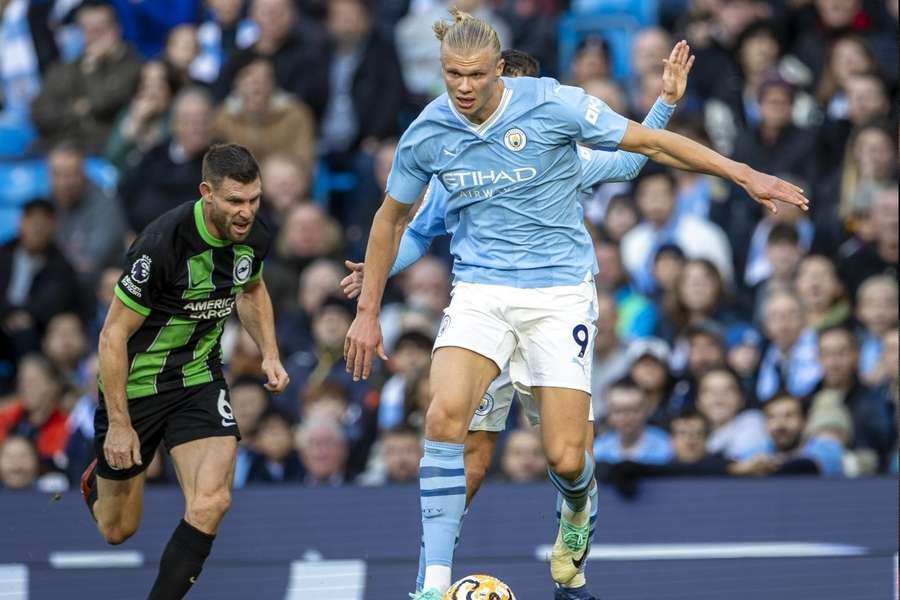
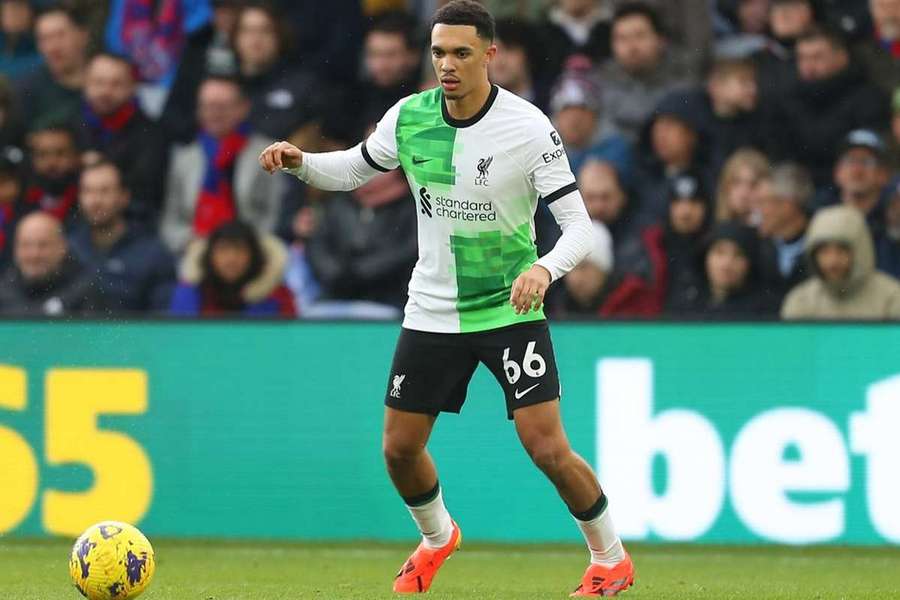
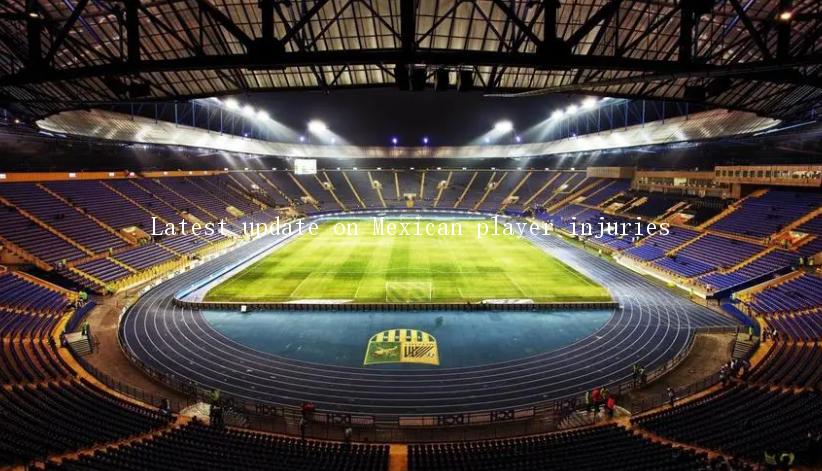
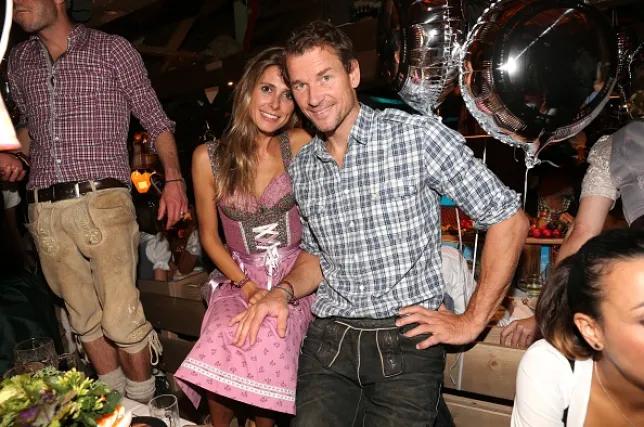
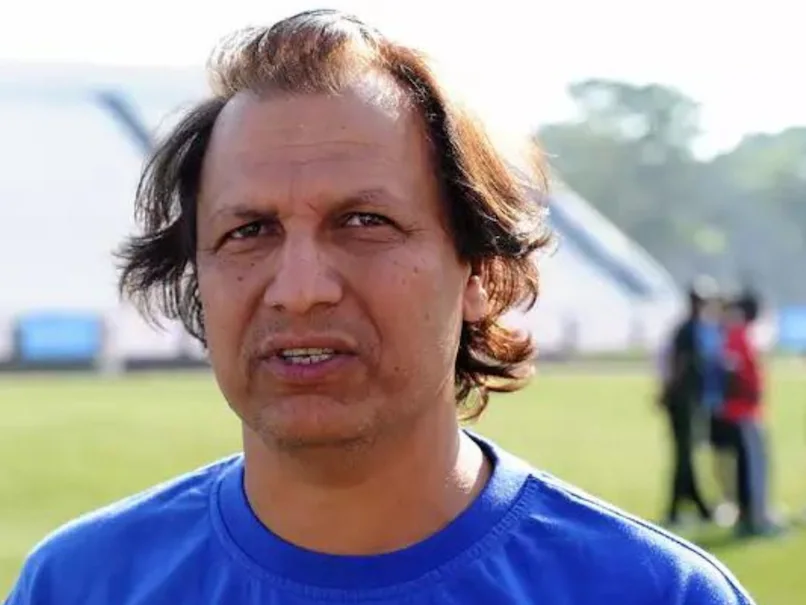
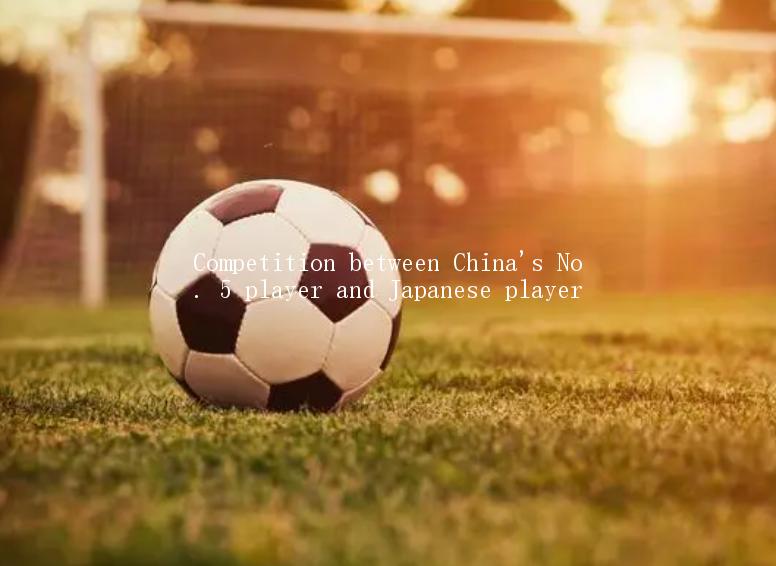
LATEST NEWS
